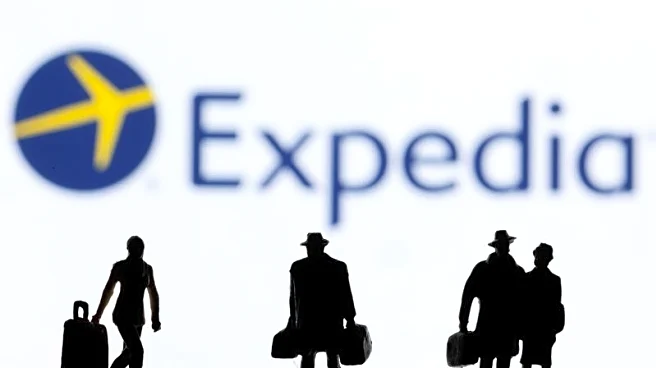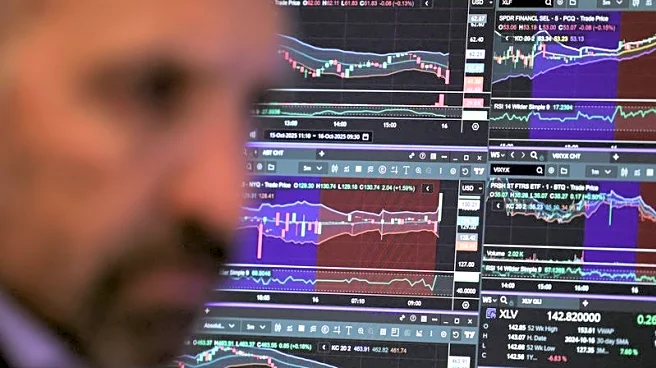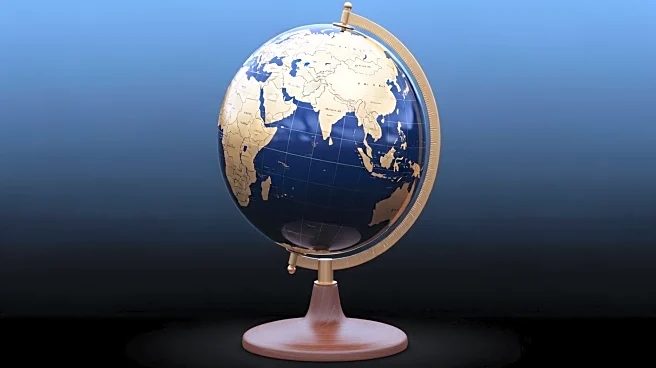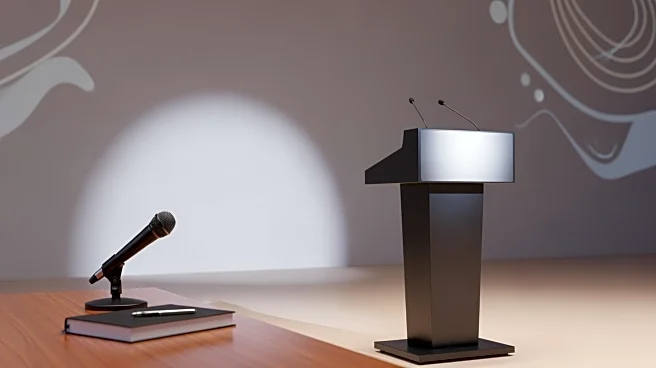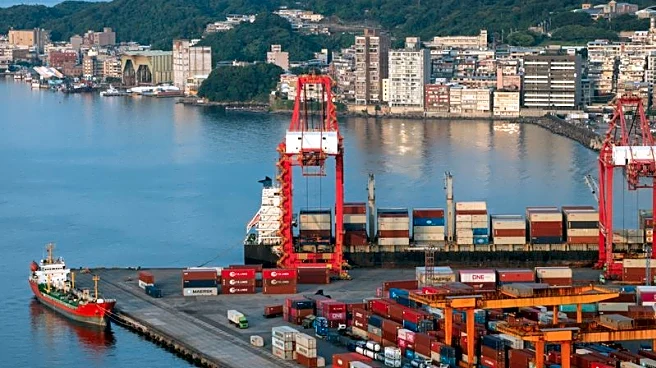What is the story about?
What's Happening?
A federal lawsuit has been filed in San Francisco challenging President Trump's recent proclamation imposing a $100,000 fee on H-1B visa applications. The lawsuit, brought by a coalition of healthcare providers, religious groups, and university professors, argues that the fee disrupts employers, workers, and federal agencies. The H-1B visa program, which is crucial for hiring skilled workers in specialized fields, is said to drive innovation and economic growth in the U.S. The lawsuit claims that without intervention, critical sectors such as healthcare, education, and various industries could face significant staffing shortages. The plaintiffs are seeking an immediate court order to block the fee, which they describe as an anti-immigration measure.
Why It's Important?
The imposition of a $100,000 fee on H-1B visa applications could have far-reaching implications for the U.S. economy and labor market. The H-1B program is a vital channel for attracting high-skilled workers, particularly in technology, healthcare, and education sectors. Critics argue that the fee could deter talented individuals from contributing to the U.S. economy, potentially stifling innovation and growth. The lawsuit highlights concerns that the fee prioritizes wealth over merit, potentially leading to a loss of key innovators and essential workers. This development could impact industries reliant on specialized skills, affecting their ability to compete globally.
What's Next?
The court's decision on whether to block the fee will be closely watched by employers and workers reliant on the H-1B program. If the fee is upheld, companies may need to reassess their hiring strategies, potentially leading to increased costs and challenges in filling specialized roles. The outcome could also influence future immigration policies and the balance between protecting domestic jobs and attracting global talent. Stakeholders, including tech companies and educational institutions, are likely to advocate for policies that support a diverse and skilled workforce.
Beyond the Headlines
The legal challenge against the H-1B fee raises broader questions about the balance between immigration control and economic competitiveness. The fee's impact on the U.S.'s ability to attract global talent could have long-term implications for its position as a leader in innovation. Additionally, the case underscores the tension between executive authority and legislative intent, as critics argue that the fee represents an overreach of presidential power. The outcome may set a precedent for how immigration policies are shaped and implemented in the future.



